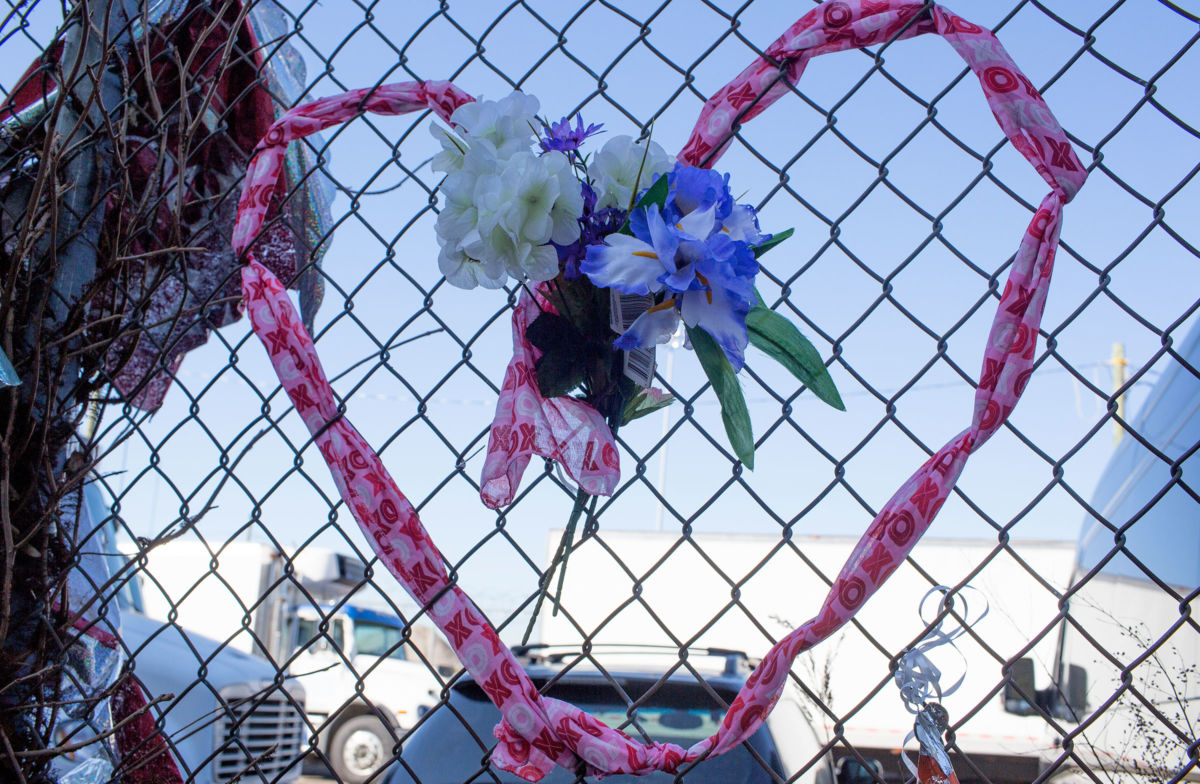I’m spending this Valentine’s Day leading visionary fiction workshops with my sister Autumn in Northern Ireland. Inspired by Octavia’s Brood — the anthology of speculative fiction stories from social justice movements that I co-edited — the workshops focus on collective storytelling based on contemporary political and social issues.
As I listen to the emerging stories, I hear how close conflict and heartache are to the surface here in Northern Ireland, and how aware people still are of difference in each encounter.
I am reminded of South Africa, Brazil, Egypt, and of course, the U.S. Each of these places has had moments, led and pushed by revolutionaries, where it seemed they were evolving beyond a greed-centered society. And each one has faced the long challenges of governance, the depths of corruption, the stronghold of false supremacies, the resilience of greed and competition. In this place, within that global context, I am learning a lot about love:
Love is boundaries, not borders. Boundaries give us room to recover from harm, to realize what we must let go of in order to move forward, to act from real agency. But boundaries are not borders — walls of stone manned by armed guards, constructed by fear, never to be crossed. Borders perpetuate a myth of separation that is not true to how resources or life flow on our planet.
Love is distinction, not fraction. It is a sign of life, to have distinction, difference, diversity at the level of biology, identity and philosophy. But where we begin to identify as only one or two portions of ourselves — our skin, religion, place of birth, sex, ability — we participate in the lie that difference makes us less than whole. These aspects of identity are crucial to understanding history and current conditions. But to truly love ourselves whole means we remember our primary nature as humans in relationship to a living world.
Love is the humility it takes to listen without needing to correct, to consider at all times that we might be wrong, or at least ignorant.
Love leaves no room to hide what we’ve done, who we are — revolutionary love wants to face it all, intact, and to grow, together. Love can’t be used to destroy people, but it can teach us the behaviors we must stop if we want to grow. Love helps us fortify our inner and interdependent strength without constructing moats around our authentic selves.
Love is truth, not projection. Our enemy is never really other people, because with a few clinical exceptions, other people are not motivated by a pure desire to do evil, no matter how abhorrent their behavior. Our enemy is the common practice of letting trauma and loneliness fester into violent worldviews, greed, hatred, defensive superiority and knee-jerk othering. Love brings us through the illusions we project at and onto each other, into the places where we are vulnerable, where we grieve, where we’re afraid.
We need movements rooted in love right now, movements powered not by difference and exclusion and punishment, but by common ground, compassion, humility, healthy boundaries, patience and healing.
Love allows us to flow together toward a shared future.
A song comes on the radio as we travel across the stunning, contested landscape of Northern Ireland. It speaks to this revolutionary love we need: “Love changes, changes everything.”
We have 9 days to raise $50,000 — we’re counting on your support!
For those who care about justice, liberation and even the very survival of our species, we must remember our power to take action.
We won’t pretend it’s the only thing you can or should do, but one small step is to pitch in to support Truthout — as one of the last remaining truly independent, nonprofit, reader-funded news platforms, your gift will help keep the facts flowing freely.
